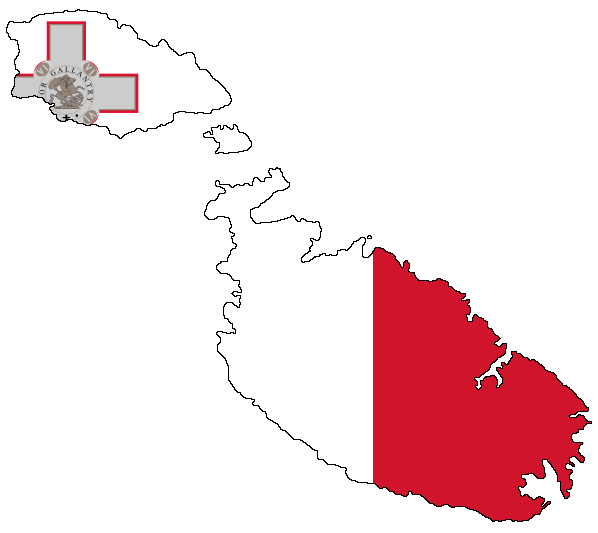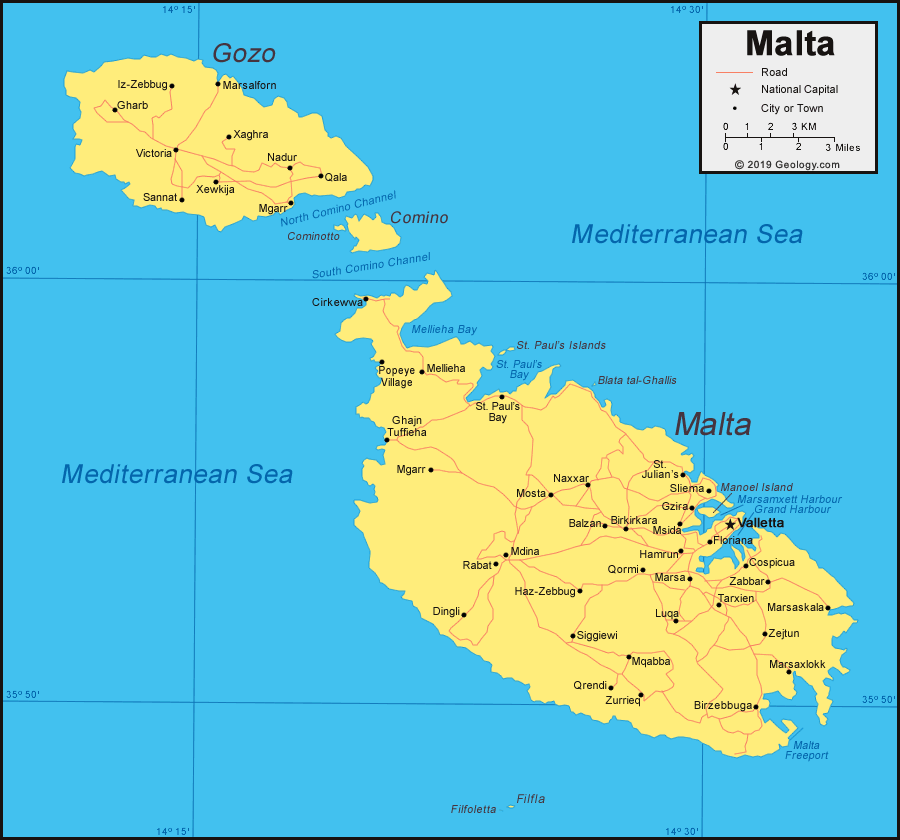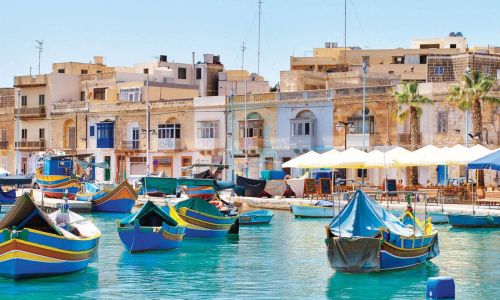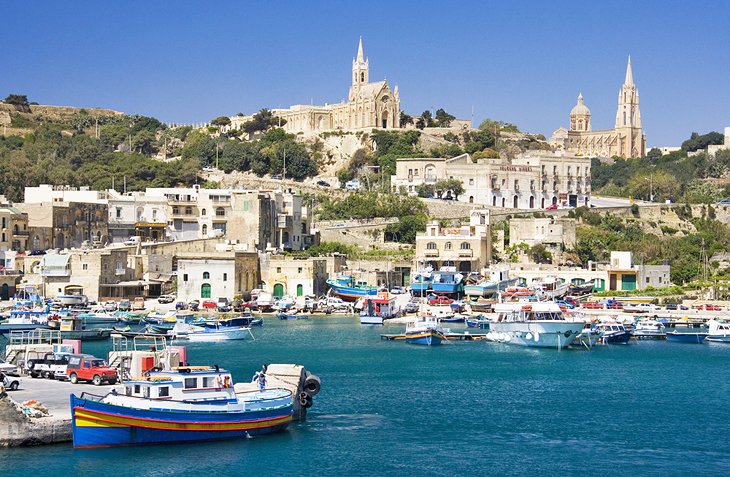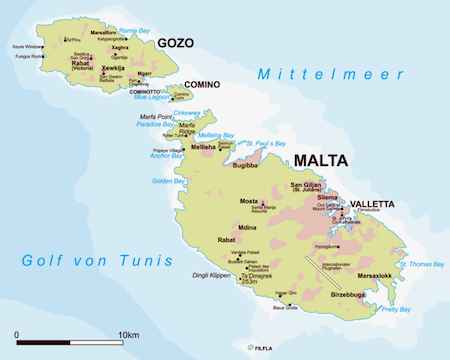I. Introduction
Malta, a small island nation south of Italy, has come under criticism for its attempt to secure funding for a new primary school through the European Union’s Recovery and Resilience Facility.
Critics claim that Malta’s actions represent a misuse of EU funds and an attempt to sneak in a new project under the guise of COVID-19 recovery initiatives.
In this article, we will explore the details of this controversy and discuss the potential consequences for Malta and the EU.
II. Background
The controversy over Malta’s request for funding for the Msida primary school project dates back to 2017 when the Maltese government first announced the project.
However, attempts to secure funding for the project were repeatedly unsuccessful over the years.
In response, the Maltese government decided to slip the new €7 million price tag for the primary school into the Recovery and Resilience Facility as part of its COVID-19 recovery plan.
This move was met with backlash from European Parliament Members (MEPs), who warned member states against exploiting the facility to secure funding for old projects that previously failed to secure financing.
III. Malta’s actions
Malta’s decision to secure funding for the Msida primary school project through the Recovery and Resilience Facility has been met with criticism. However, the Maltese government argues that it is entirely legitimate to use the fund to cover the costs of projects that have been in the pipeline for some time.
The recovery fund was set up to help EU countries cope with the economic impact of the COVID-19 pandemic.
The fund has €750 billion allocated to it, and it aims to support EU countries by providing money for three types of initiatives: reforms, investments, and loans. The fund is also part of the European Green Deal, which focuses on making the EU climate-neutral by 2050.
IV. EU’s response
Malta’s actions have not gone unnoticed. Other member states have expressed concern over the country’s attempt to include an old project in the new funding facility. Some critics argue that the move is symptomatic of deeper issues within the EU.
One issue is the lack of transparency and accountability in government spending, which has led to an increase in corruption and the misuse of public funds.
The European Council president, Charles Michel, has defended the facility, stating that every project proposed by member states is thoroughly scrutinized by the EU for its relevance to the recovery effort.
He also said that any attempt to use the fund for something other than its intended purpose would be met with severe consequences, including the possibility of legal action.
However, not all member states are satisfied with this response. Some have called for more significant changes to the funding process to ensure funds are used correctly and efficiently.
V. Importance of the Msida primary school project
The Msida primary school project is critical to the community, as it aims to replace an old, outdated school that is no longer fit for purpose.
The new school will feature modern facilities, including a library, computer lab, and science lab, and is expected to accommodate over 500 children.
The project aligns with the EU’s goal to improve education and access to higher quality learning facilities for children across the Union. Ensuring that children have access to modern schools and facilities is key to promoting a strong educational environment that can lead to better opportunities and improved economic growth.
VI. The larger issue
The controversy surrounding Malta’s attempt to secure funding for the Msida primary school project is part of a larger issue of corruption and misuse of EU funds. In recent years, there have been several cases where EU funds have been misused for private gain, leading to significant losses of taxpayers’ money.
The EU is aware of this issue and is taking steps to address it. Since 2019, the EU has implemented a new regulation that requires member states to have in place adequate internal control and audit systems for the management of EU funds. The regulation also calls for strengthened external auditing and the establishment of an EU-wide anti-fraud body.
VII. Conclusion
Malta’s attempt to secure funding for the Msida primary school project through the Recovery and Resilience Facility has raised questions about the transparency and accountability of government spending within the EU.
While the Maltese government argues that its actions are legitimate, critics warn that this move represents a misuse of public funds and an attempt to sneak in old projects under the guise of COVID-19 recovery initiatives.
Ultimately, the EU’s response to Malta’s actions and the subsequent fallout from this controversy will have significant implications for the union’s future.
Ensuring that funds are used efficiently and effectively is critical to preserving the EU’s reputation and ensuring that taxpayers’ money is spent in the interest of the public.
FAQs
Q: What is the Recovery and Resilience Facility?
A: The Recovery and Resilience Facility is a fund set up by the European Union to help member states cope with the economic impact of the COVID-19 pandemic. The fund aims to support EU countries by providing money for three types of initiatives: reforms, investments, and loans.
Q: Why is Malta controversially using the fund to secure funding for the Msida primary school project?
A: Malta’s attempt to secure funding for the project through the fund has been met with controversy as critics claim the move represents a misuse of public funds and an attempt to sneak in old projects under the guise of COVID-19 recovery initiatives.
Q: What is the EU doing to address corruption and misuse of EU funds?
A: The EU has implemented a new regulation that requires member states to have in place adequate internal control and audit systems for the management of EU funds. The regulation also calls for strengthened external auditing and the establishment of an EU-wide anti-fraud body.








